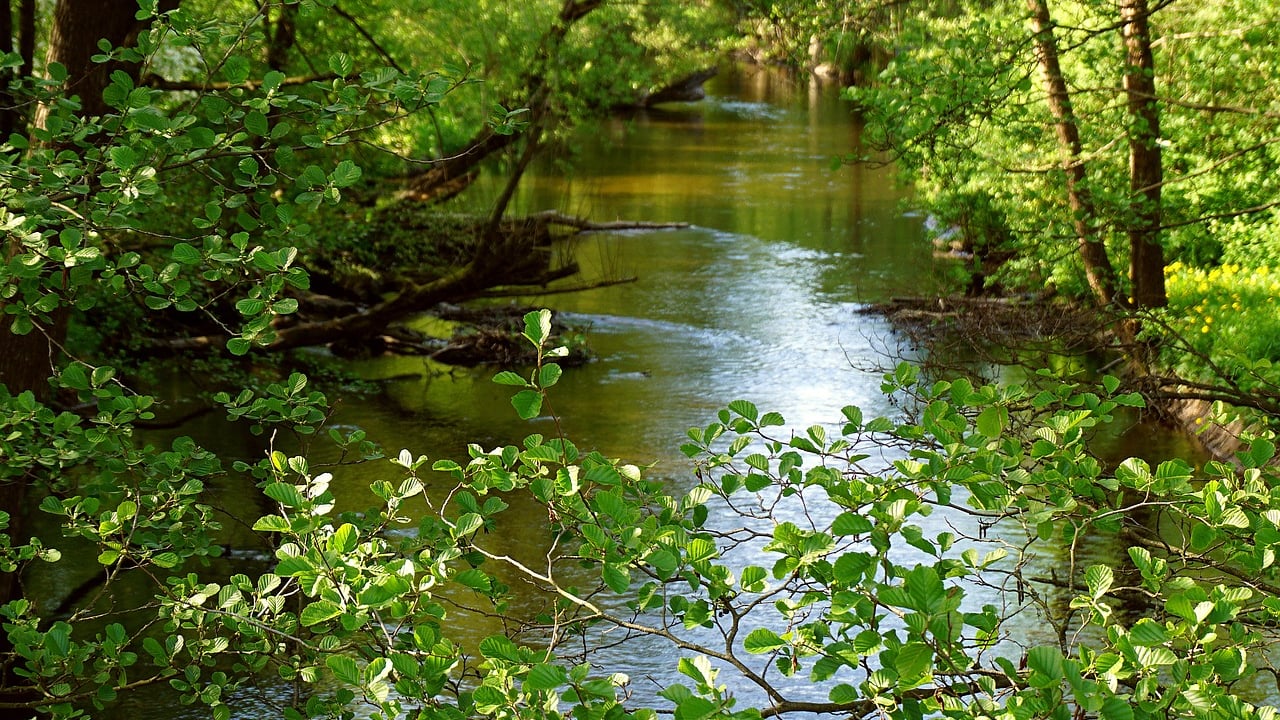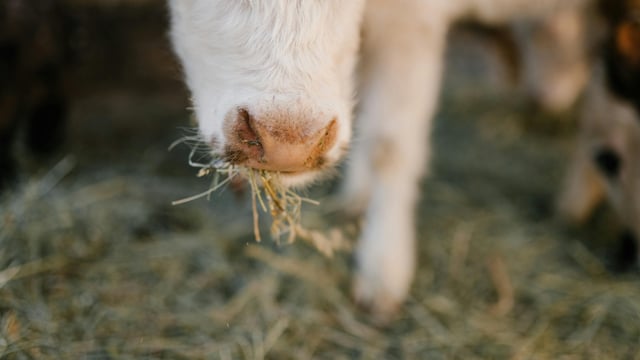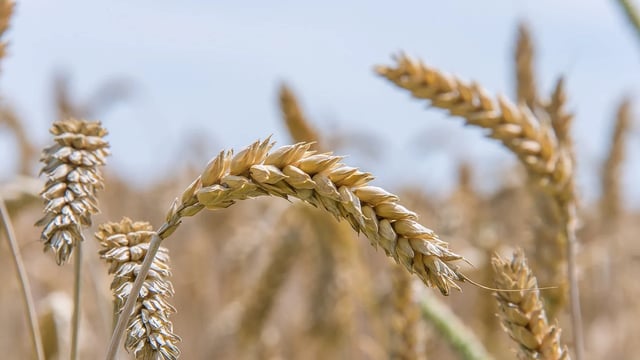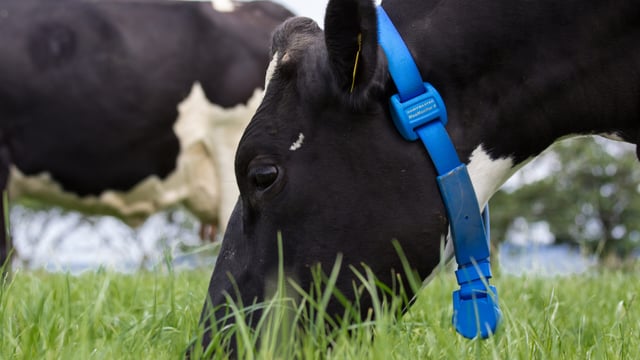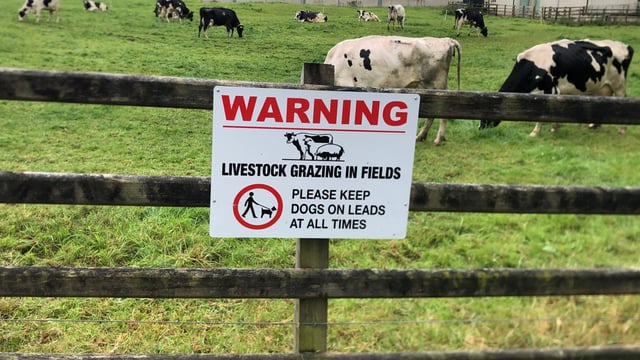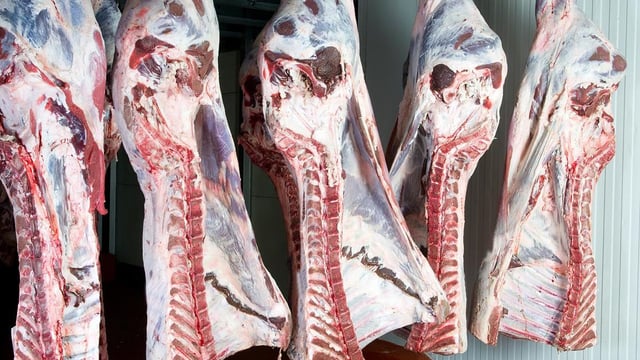DAFM confirms nitrates changes under NAP rules
The Department of Agriculture, Food and the Marine (DAFM) has confirmed changes to the Nitrates Action Programme (NAP) affecting organic manure nitrogen and the nitrates derogation.
As part of the government’s aim to improve water quality and retain the nitrates derogation, it was agreed with the European Commission that an interim review of the fifth Nitrates Action Programme, which runs to the end of 2025, would take place.
This interim review has now concluded with the signing into law of a revised regulation, the department said.
The department said the regulation includes a number of strengthened and new measures which were developed in consultation with the Nitrates Expert Group (NEG) as well as stakeholders on the Agriculture Water Quality Working Group.
The regulatory measures introduced by the review required an amendment to the Good Agricultural Practice for the Protection of Waters Regulations. This amendment has now been published.
The changes will see revised nutrient excretion rates for calves to reflect their lower nutrient output, especially in their first 90 days. Nutrient excretion rates for other cattle aged less than one year and for one- to two-year-old cattle are also updated to reflect the latest Teagasc research.
The changes will also recognise the lower nitrogen excretion rate achieved by dairy farmers who opt to manage crude protein in the concentrates fed to their cows across the year.
Furthermore, the maximum crude protein content allowed in concentrates fed to cattle aged two years and over at grass between April 15 and September 30 will be reduced from 15% to 14%. This requirement now applies to all farmers.
The changes will see the introduction of a provision that will allow the maximum nitrates derogation stocking rate to reduce to 220kg of organic nitrogen (N) per hectare in areas where the Environmental Protection Agency (EPA) have identified a need for nitrate reduction measures as a priority to improve water, but that were not considered under the European Commission’s criteria for the two-year review of water quality that took place in 2023.
For these additional areas, the lower stocking rate limit will apply with effect from December 2025. The Department of Agriculture, Food and the Marine (DAFM) will shortly write to the individual farmers who may be impacted by this change.
There will also be a 5% reduction in the chemical nitrogen allowance for grassland on higher stocked farms, as well as a new lower chemical nitrogen allowance for extensively stocked livestock farms.
For nitrates derogation applicants, the maximum stocking rate will be limited to 170kg N/ha for land more than 30km ‘as the crow flies’ from the main farm-holding, unless evidence is provided to the department to show that this land is being farmed at an appropriate higher level.
Inclusion of clover when reseeding perennial rye grass-based swards will now apply to all farmers under the revised rules.
A provision has been introduced to allow a restriction on the use of unprotected urea in granular form. To facilitate the use of existing stocks, that restriction will apply from September 15, 2025. Application of urea in liquid form will still be permitted.
In addition to all the above, some administrative amendments have been made for the purposes of providing greater clarity in implementation of the regulations, the department said.

